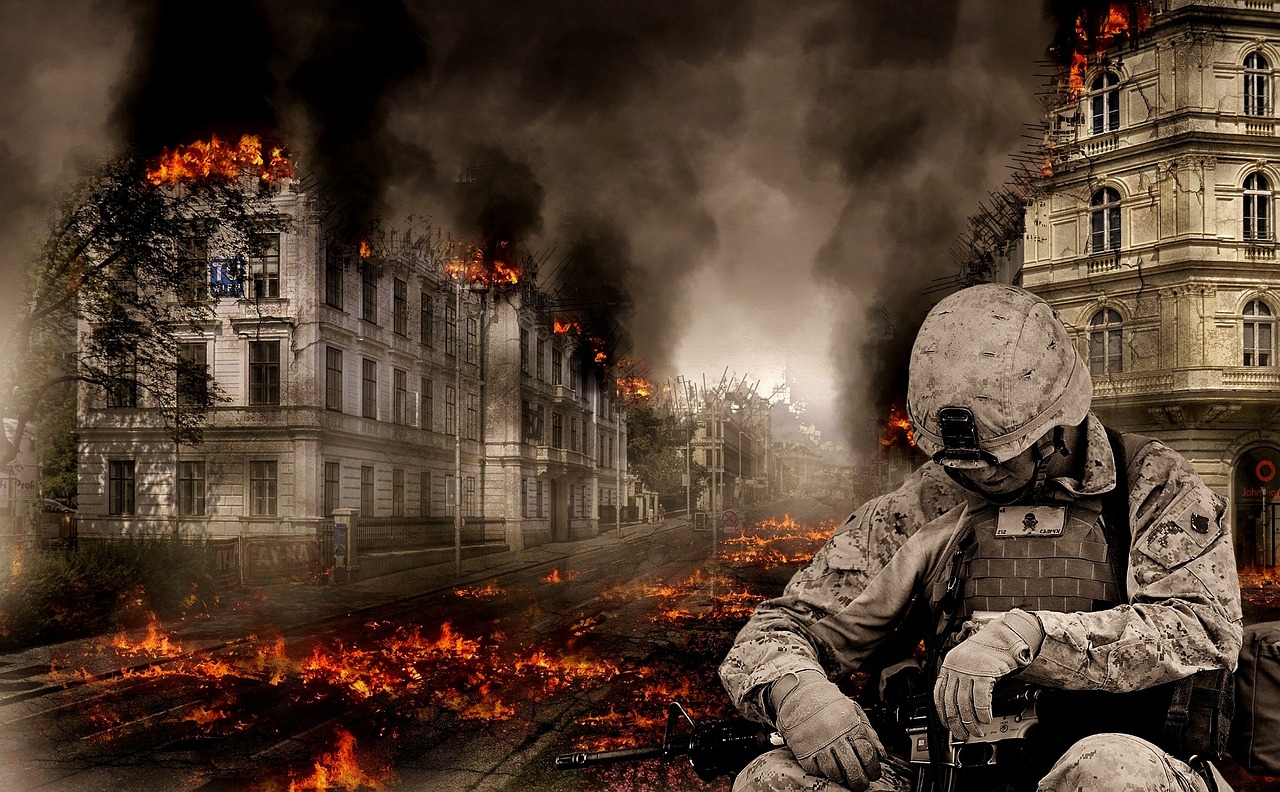Table of Contents
The Seven Years’ War, waged from 1756 to 1763, is commonly referred to as the first real-world war. It was a huge, multi-theatre war involving Europe, North America, South America, Africa, India, and the Philippines. At its core, it was a contest between the world’s major imperial powers—Britain and France foremost, but with Austria, Prussia, Spain, Portugal, and others playing roles as well. This conflict radically remade the world’s balance of power and set the stage for the contemporary geopolitical order.
Causes of the War: Colonial Rivalries and Continental Ambitions
The causes of the Seven Years’ War had its origin in two intersecting rivalries:
- In Europe: Deep-seated Prussia-Austria rivalry to control Central Europe, particularly the Silesia region.
- In the colonies: Increasing clashes between Britain and France in North America, the Caribbean, and India for territories, trade routes, and world influence.
Such growing competition triggered unprecedented diplomatic upheaval. The longtime enemies realigned—Britain befriending Prussia and France befriending Austria and Russia—two immense and hostile blocs formed.
Major Theaters of War
The Seven Years’ War was fought on multiple continents, each with its own strategic importance:
Europe
The heartland European conflict was controlled by Frederick the Great of Prussia, whose masterful strategy enabled him to repel foes on several fronts.
In spite of being out-numbered, Prussia endured against the united strength of Austria, Russia, and France, thanks to significant help from Britain.
🇺🇸 North America – The French and Indian War
- In the American theater, British and colonial forces fought French troops and their Native American allies.
- Major British victories at Quebec (1759) and Montreal (1760) effectively ended French power in Canada.
- Native American tribes played significant roles, often shifting alliances based on strategic interests.
🇮🇳 India
The Indian war witnessed the British East India Company, led by Robert Clive, vanquish French troops and their Indian allies.
The Battle of Plassey (1757) was a turning point that led to British supremacy in Bengal and the onset of British colonial domination.
Caribbean, West Africa, and the Philippines
- Naval battles and colonial raids took place globally.
- Britain captured several French islands in the Caribbean and gained dominance in slave trade ports along the West African coast.
The Treaty of Paris (1763)
- The war was ended by the Treaty of Paris, signed in February of 1763, with profound consequences for the world:
- Britain became the world’s greatest colonial power, acquiring:
- Canada and all French land east of the Mississippi.
- Florida from Spain.
- Significant acquisitions in India and Africa.
- France lost the majority of its overseas empire, keeping only some Caribbean islands.
- Spain gained Louisiana from France but lost Florida to Britain.
- Prussia kept Silesia, making it a great European power.
Conclusion: The Birth of a Global Era
The Seven Years’ War was not a war for lands alone—it was a war that reshaped empires and realigned power. It was the dawn of global geopolitics, where policy made in European capitals reached people thousands of miles away. Its impact lives on in the emergence of the British Empire, the erosion of France’s colonial power, and the dawning of revolutionary thinking in America and beyond.

